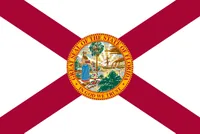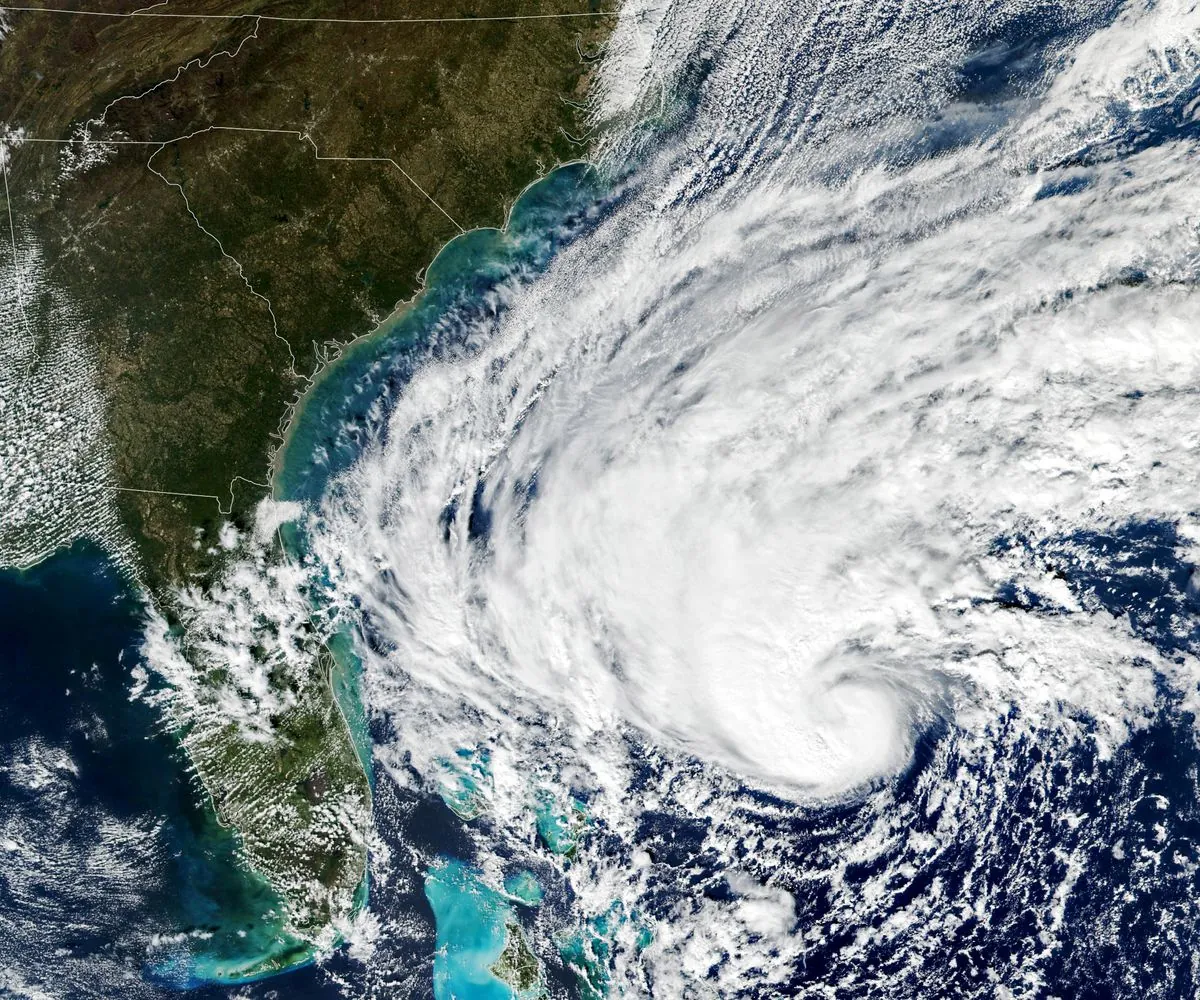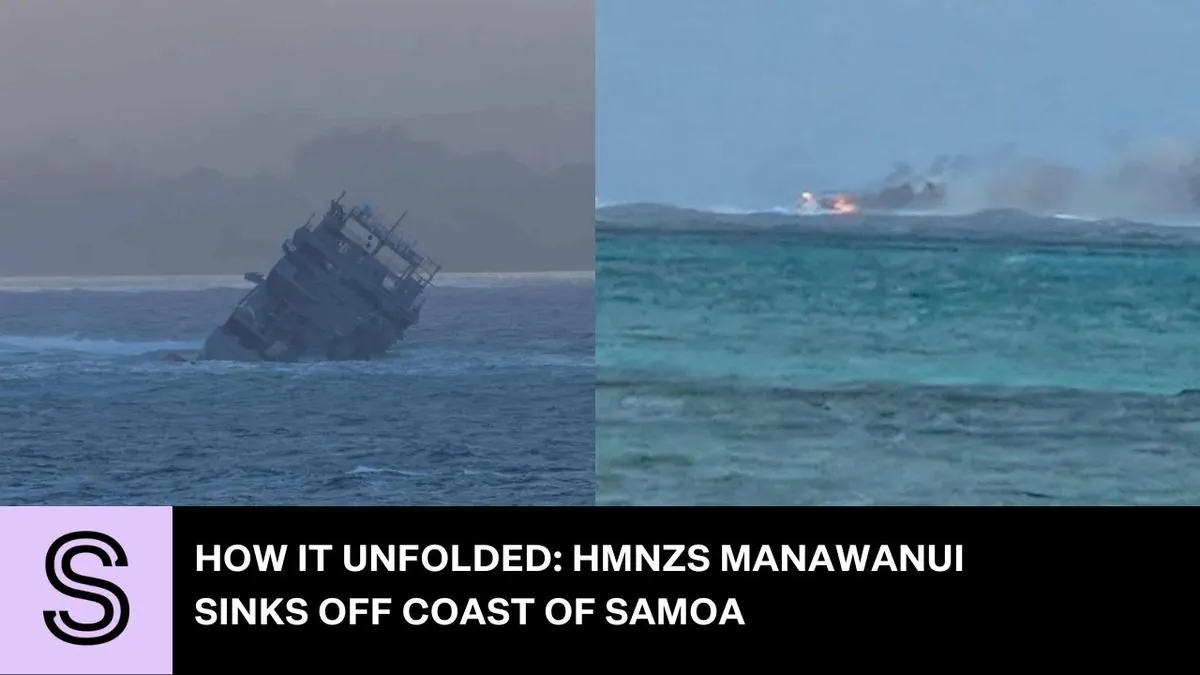Russian Missile Strikes Ship in Odesa, Escalating Black Sea Tensions
A Russian missile attack on a Palau-flagged vessel in Odesa port killed one Ukrainian and injured five crew members. This second strike in two days raises concerns about global food security and maritime safety.
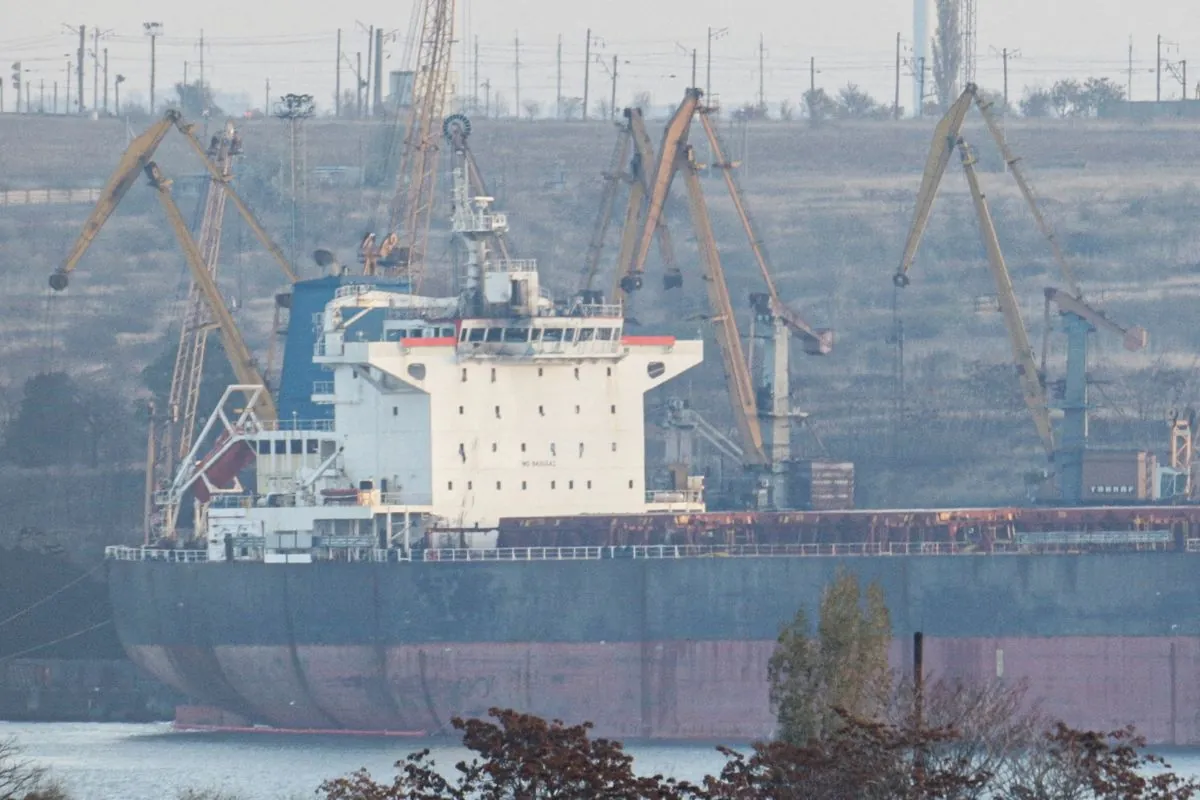
In a concerning development, a Russian missile struck a Palau-flagged vessel in the port of Odesa on October 7, 2024, resulting in the death of a Ukrainian port worker and injuries to five crew members. This incident marks the second attack on shipping in the region within a 48-hour period, intensifying worries about maritime safety and global food security.
Andrii Sybiha, Ukraine's Foreign Minister, reported the damage to two ships in Odesa, a crucial Black Sea grain-export hub. He emphasized the need for a coordinated international response to safeguard freedom of navigation and ensure global food security. The Black Sea, a marginal sea of the Atlantic Ocean bordered by Europe, Anatolia, and the Caucasus, has been a strategic waterway throughout history, connecting Europe with Asia.
Oleh Kiper, the Odesa regional governor, confirmed that the fatality was a port worker, while the five injured individuals were foreign nationals serving as crew members. Deputy Prime Minister Oleksiy Kuleba identified the targeted vessel as the Optima, which had arrived in Odesa shortly before the attack.
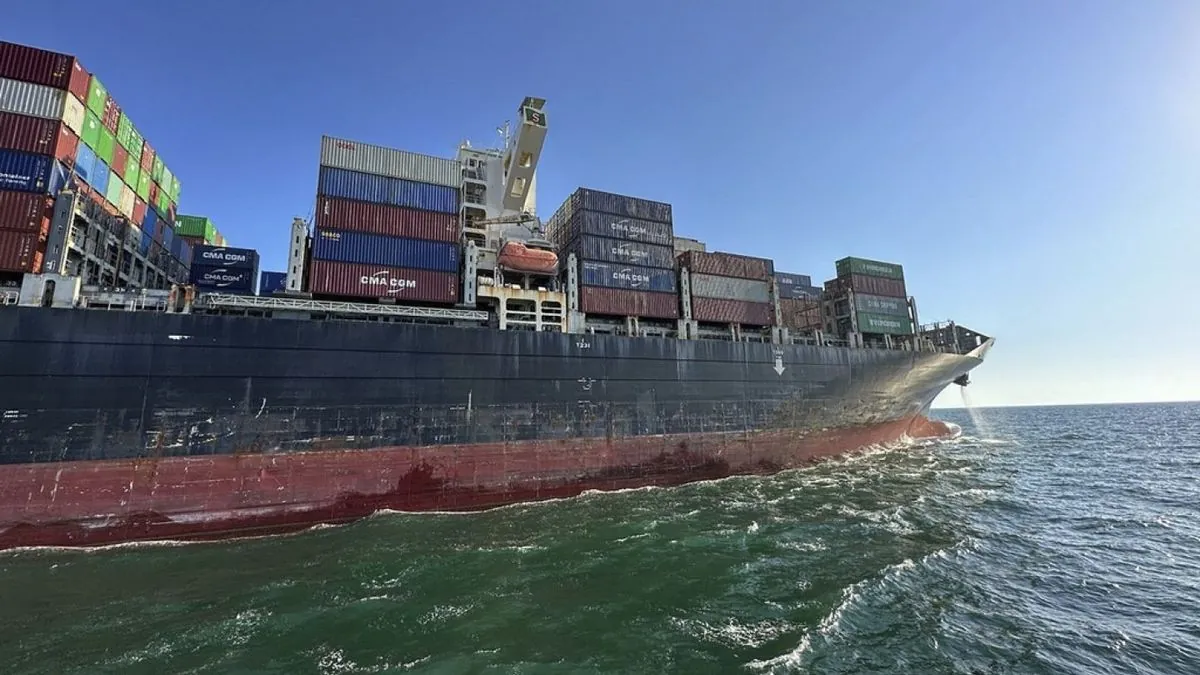
The incident highlights the ongoing risks to maritime traffic in the region. Ukraine, often referred to as the "breadbasket of Europe," plays a crucial role in global food security, especially for developing countries. The conflict has led to a reorganization of global grain trade routes and patterns, with significant implications for international markets.
This attack follows a similar incident on October 6, 2024, when the Saint Kitts and Nevis-flagged Paresa, carrying 6,000 tonnes of corn, was struck in the nearby port of Pivdennyi. The use of flags of convenience, which allows ships to be registered in countries different from their owners', can complicate maritime law enforcement and accountability in such situations.
"Russia is attempting in this way to destroy shipping in the Black Sea guaranteeing food security. The consequences can only mean greater instability in sensitive regions dependent on food imports and tension in international relations."
The repeated attacks on civilian vessels raise serious concerns about Russia's adherence to international maritime law. The United Nations Convention on the Law of the Sea (UNCLOS) provides the legal framework for maritime activities, including the principle of freedom of navigation. However, the ongoing conflict has challenged these norms and led to increased maritime insurance rates for vessels operating in the Black Sea region.
Since Russia's full-scale invasion of Ukraine in February 2022, approximately 2 years and 8 months ago, there have been at least 20 reported incidents of civilian vessels being damaged by Russian attacks. This pattern of aggression not only threatens immediate maritime safety but also has far-reaching consequences for global trade and food security.
The international community faces the challenge of addressing these maritime security issues while also considering the broader implications for regional stability and global food supply chains. As the conflict continues to impact one of the world's key grain-exporting regions, the need for a diplomatic solution and enhanced protection for maritime trade becomes increasingly urgent.
















